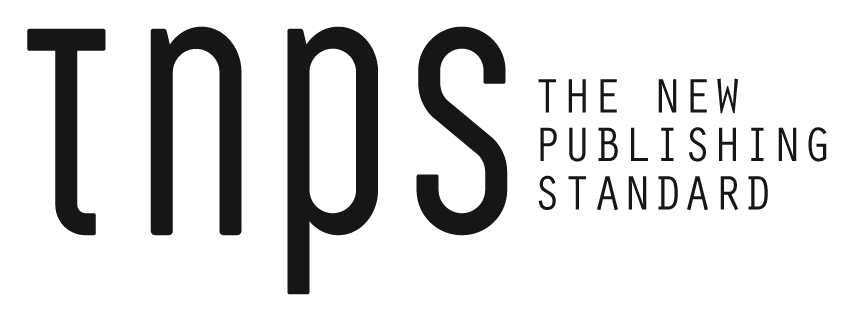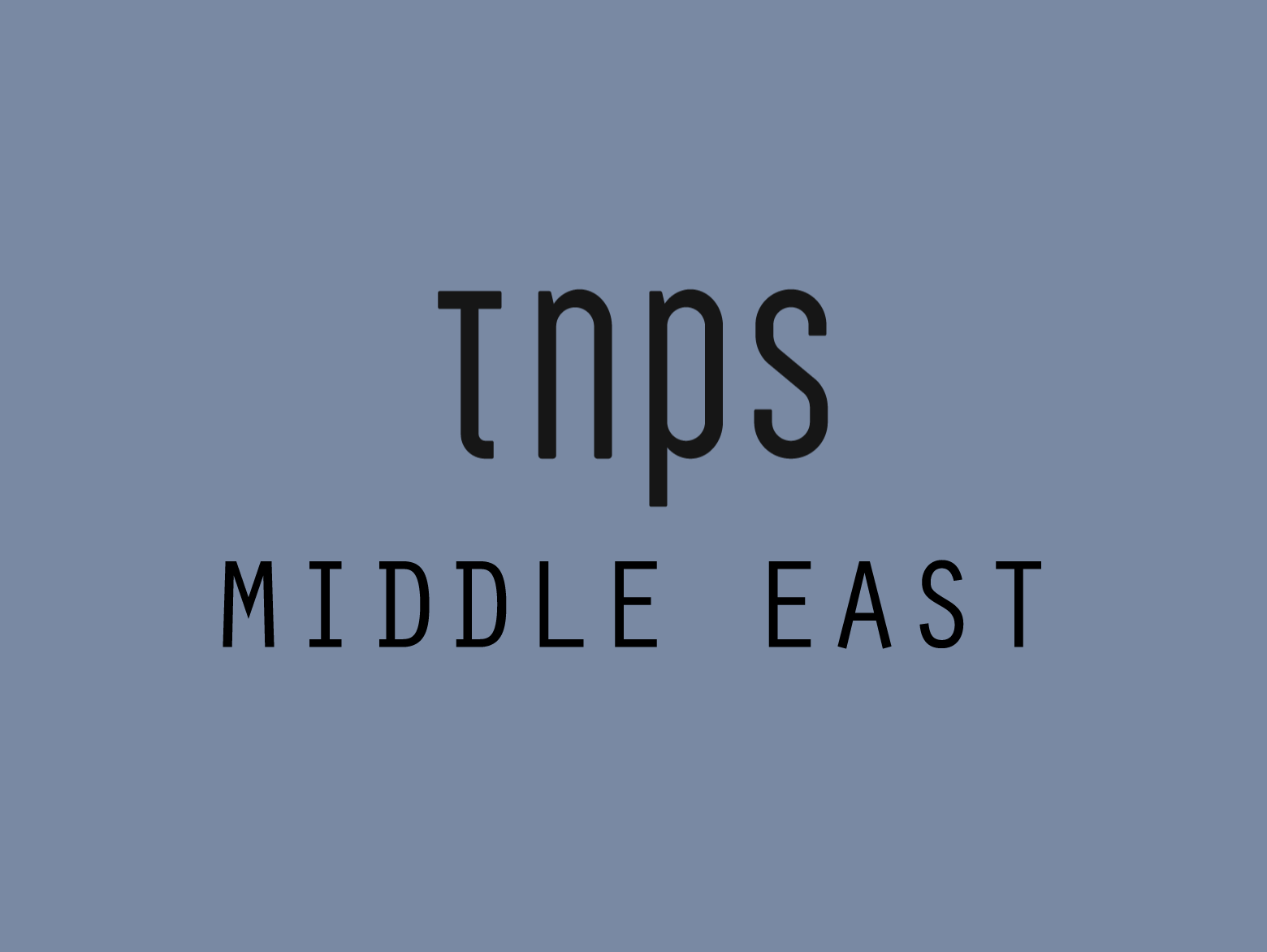A new report from Inpress, a specialist sales and marketing agency for sixty independent publishers in the UK, suggests said micro-presses have seen sales soar by 79% this past year.
Inpress MD Sophie O’Neill explanation as summarised in Britain’s The Gaurdian is that
smaller presses based outside London have found success by reaching markets beyond the white middle classes and recruiting authors from more diverse backgrounds. “It proves that in publishing now, geography is irrelevant,” O’Neill is quoted as saying.
Leeds-based Peepal Tree Press’s Hannah Bannister asserted independent presses like Peepal, which specialises in Caribbean authors, are responding to reader demand.
We are offering something that readers want rather than just another novel with a dead girl on a train.
Bannister continued,
People are tired of being sold books [by large publishers] based on what they bought earlier.”
Another reason for the success was attributed to authors no longer being wanted by bigger publishers who are choosing to sign up with smaller presses rather than self-publish.
Monique Roffey is cited as an example. She moved to Manchester’s Dodo Ink after Simon & Schuster “got cold feet” over a sexually explicit novel they had previously bought.
I worried that they would be able to get it into shops, but within two or three months I have sold more copies than my last book did with Simon & Schuster.
Behind all this lies a much-needed debate about supply and demand in the book industry.
When Hannah Bannister, above, says “We are offering something that readers want rather than just another novel with a dead girl on a train,” that rather sidelines the small point that Paula Hawkins sold 2 million copies of that book in just the first three months, and is one of the richest authors on the planet on the strength of “just another novel with a dead girl on a train.”
Clearly large numbers of readers want the sort of books big publishers publish. Bottom line is, no-one is forced to buy these books, but people do, in their millions, week after week.
Better to recognise that, alongside these readers, are lots more readers who are looking for something a bit different, and that for whatever good or nefarious reason, the big publishers are not catering to.
Likewise Bannister’s observation that “People are tired of being sold books [by large publishers] based on what they bought earlier,” while no doubt true of some, is at odds with the self-evident success of algorithm-driven recommendation engines of online retailers like Amazon which constantly shove books in front of readers based on their previous purchase, or even just what they happened to look at.
And of course the new Amazon bricks & mortar stores opening in the US are driven entirely by stocking what has already proven to sell.
The best perspective here is that we are seeing the best of both worlds. More books available for everyone, whatever their tastes.
And that’s a win for publishers, authors and readers alike,






Trackbacks/Pingbacks